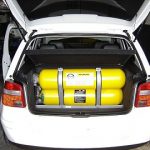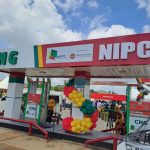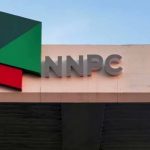The Federal Government’s Presidential Compressed Natural Gas (CNG) initiative is facing serious setbacks nearly two years after its launch, due to persistent infrastructure deficiencies. This concern was raised by the former National Secretary of the Independent Petroleum Marketers Association of Nigeria (IPMAN), during an interview in Lagos.
He stated that the ongoing shortage of refuelling stations and conversion centres has led to long queues in major cities such as Lagos and Abuja. Areas including Zuba-Kubwa Road, Airport Road, Ibafon, and the Ibadan Tollgate have seen particularly severe congestion. According to him, these delays stem from the limited availability of key infrastructure needed to support the growing interest in CNG-powered vehicles.
While commending the current administration’s decision to pursue the CNG program as a strategic and patriotic energy shift, he criticized its slow and poorly coordinated rollout. He argued that if the initiative had been implemented two decades ago, Nigeria could have already reduced its petrol dependency by 50 percent.
CNG, he noted, offers clear advantages such as affordability, cleaner emissions, lower transportation costs, and improved safety. Despite the government’s steps; such as appointing a Minister of Gas and forming the Presidential Initiative on CNG (Pi-CNG) under the leadership of the Federal Inland Revenue Service Chairman—he said progress has been minimal.
He pointed out that the plan to introduce 200,000 CNG-powered buses and tricycles remains largely aspirational because of the lack of enabling infrastructure. He also criticized the program’s current funding levels, suggesting they fall short of the scale required for a serious national transition.
Urging the government to abandon what he described as a “monopoly of knowledge,” he called for broader stakeholder inclusion. He specifically recommended that the government allow existing IPMAN petrol stations to dispense CNG, which he believes would be faster and more cost-effective than constructing new stations.
He concluded that for the CNG initiative to succeed, it will need robust policy support, significant infrastructure investment, and close collaboration with industry players.
In 2024, the Federal Government activated the CNG Conversion Incentive Programme in eight states: Oyo, Lagos, Ogun, Edo, Delta, Kogi, Nasarawa, and the Federal Capital Territory. However, despite its environmental benefits, state leaders like the Governor of Ogun have voiced concern over the high costs of converting vehicles and machinery to CNG, which continues to discourage adoption.
In response, the government launched a N2.5 billion credit scheme in March to promote vehicle conversion and support local manufacturing of conversion kits, aiming to reduce energy and transport costs nationwide. Still, stakeholders warn that without resolving core infrastructure gaps, the impact of these efforts may remain limited.










